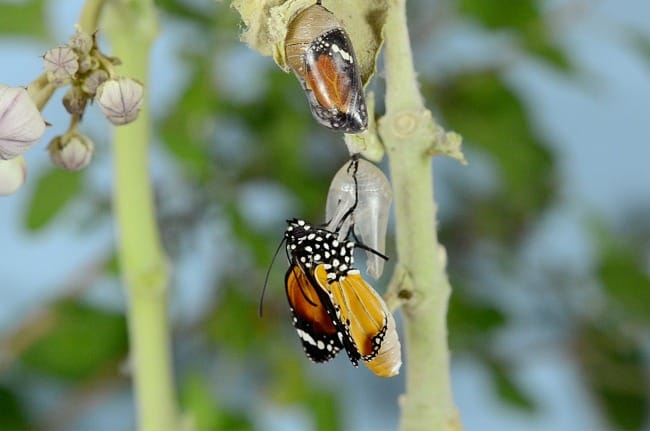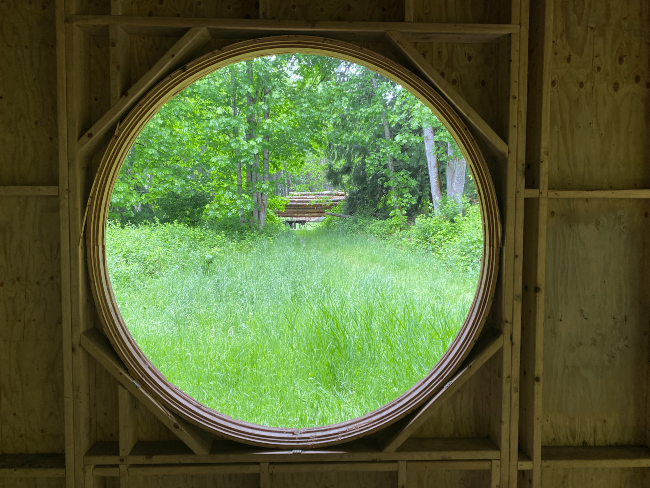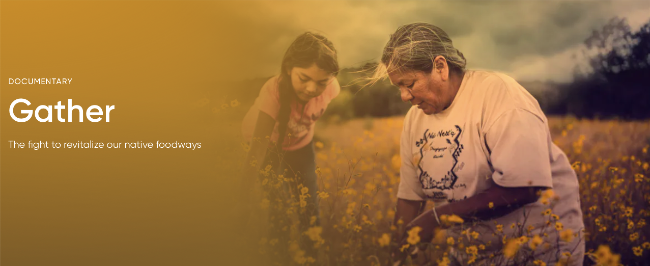
We have several boxes of Lego pieces in our home. They are the detritus of cars and dinosaurs and spaceships that came in perfectly packaged boxes with detailed instructions on how to put them together. They were constructed, played with, and deconstructed. Now they are raw material for the imagination, waiting to be re-formed into something new. They are meant for children, but I wonder if it might help adults to play with them from time to time in order to practice re-formation.
Repent – Reimagine - REFORM
The past 500 years has given us cultural packaging and instructions that have constructed a particular worldview and way of life that needs to be deconstructed, piece by piece - this is what I described in my post on repentance. The pieces must be examined and looked at in new ways, without the constraints of the old packaging and instructions – this is the work of reimagination. And then the pieces can be put together in ways that create new possibilities – this is the work of reform.
Ecological disciples participate in this work of broad cultural reform, but we are particularly committed to reforming the religious packaging and instructions that have contributed to our current crisis. We pursue this courageously and confidently, recognizing that reform is neither new nor abnormal - it is a foundational part of creation.
Creation is Always Reforming

Life forms, breaks down, and then re-forms, often in increasingly complex and beautiful ways. This process can be as slow as a glacier retreating over several millennia, and as quick as a monarch butterfly emerging from its cocoon. Even events that appear to be destructive help re-form the world. Wildfires, for instance, return nutrients to the soil, remove disease-ridden plants and trees, and enable formerly suppressed forms of life to emerge.
We are part of this constant cycle of reform. Our bodies shed and create cells every day, some of which help us heal from injury or disease. And, of course, our bodies eventually break down, return to the ground, and help give birth to new forms of life (It is worth reflecting on why some of our current burial practices seem designed to prevent this).
Yet we are also unique in that we have the ability to reform our world in ways that other creatures do not. Unfortunately, we have been using this power to deconstruct the world and reform it in ways that grant humans short-term benefits but encumber the planet with long-term consequences. To offer some egregious examples, we have literally re-formed mountaintops to extract as much coal as possible, rerouted rivers to build cities in the desert, and recalibrated the atmosphere with a flood of excess carbon. Environmental educator David Orr puts it succintly:
We are creating a different and more capricious and hostile planet than the one we’ve known for thousands of years.”
These practices of reformation, both large and small, are not enhancing the great web of being in which our lives are bound. They are not even conserving the gifts we have been given; in fact, our actions are causing what scientists call the “Sixth Mass Extinction” of wildlife - monarch butterflies, like those pictured above, are just one of several thousand species on the verge of disappearing. We are also speeding up natural reform processes, like glacial retreats and wildfires, forming a world that is out of balance. And while almost every human is beginning to acknowledge and experience the consequences, it is still the poor and oppressed who bear the brunt of our ongoing planetary reformation.
Three Ways Ecological Disciples are Bringing Reform
For the most part, Christianity has either stood idly by while these reforms took hold or actively supported them. In characteristically piercing style, writer and cultural critic Wendell Berry notes:
It is hardly too much to say that most Christian organizations are as happily indifferent to the ecological, cultural, and religious implications of industrial economics as are most industrial organizations. The certified Christian seems just as likely as anyone else to join the military-industrial conspiracy to murder Creation.
Ouch! The good news is that more and more followers of Jesus are questioning the religious packaging and instructions that have led us to this point. We are taking our faith apart piece by piece in order to put it back together in ways that are more in tune with Creator and creation. We are becoming ecological disciples. Here are three areas of active reform.
We are piecing together new ways to encounter God in creation. Yesterday (May 23) was Pentecost Sunday, when we celebrate the Holy Spirit coming to the early disciples in the primal elements of wind and flame (Acts 2). When I ask people where they encounter God’s presence most deeply and consistently, the vast majority refer to primal places where they connect with the non-human world; gardens and forests and oceans and mountains. Some whisper this to me, because their religious packaging and instructions have told them that God is encountered primarily in reading the Bible, praying with eyes closed and head bowed, and worshipping with other humans in a church building. But more and more of us are piecing together the connections between the Genesis picture of the heavens and the earth as a divine temple, Jesus’ reference to himself as God’s temple, and the Apostle Paul’s astounding declaration, “Don’t you know that your bodies are temples of the Holy Spirit?” (1 Cor. 6:19). We are beginning to see that the Creator comes to us in and through creation as we stare at the mysterious Milky Way, smell the succulent spring thaw, and listen to holy rhythm of our own breathing.
We are piecing together new ways to reflect God’s love and care for creation. Ecological disciples are integrating care for self, neighbor, and neighborhood in ways that include the whole community of creation. For example, Circlewood, the organization behind The Ecological Disciple, is learning to care for 40 acres of forestland on Camano Island, Washington. In the 40 years since it was last logged, the forest has grown very dense. We are carefully thinning the trees, which involves removing individually selected maples, douglas firs, alders and cedars to help increase overall tree health and diversity. This will help trees grow thick and tall, enhancing their ability to store carbon, create homes for wildlife, and provide humans a sanctuary for refreshment and renewal.

We are piecing together new ways to read Scripture, understand God, gather together, and practice ministry and mission. I will be exploring these particular reforms in my next set of posts; please keep reading - and responding!
As you look around the world, do you see the need for reform? Have you begun to deconstruct some of the cultural or religious packaging and instructions you were given? Have you started putting some of the pieces back together? If you said yes to any of these, you are on the path of an ecological disciple. Keep it up! Let’s see what we can build together.
With you on the Way,
James
Don't miss a post! By subscribing to The Ecological Disciple, you will receive new posts directly through email every Monday and Thursday. It's easy and free, and you can unsubscribe at any time. We also publish occasional "members only" posts - and we don't want you to miss out!
Speaking of reform movements - Circlewood is hosting a free screening of the documentary GATHER on June 2. The film is an intimate portrait of the growing movement amongst Native Americans to reclaim their spiritual, political and cultural identities through food sovereignty, while battling the trauma of centuries of genocide. The 1 hour, 15 minute film will be followed by a conversation with Randy and Edith Woodley, co-founders of the Eloheh Center for Indigenous Center for Earth Justice.
Click the picture below to see a preview and reserve your free ticket.
